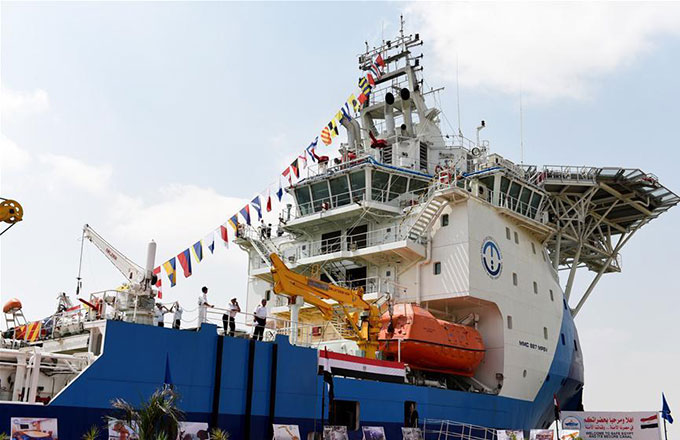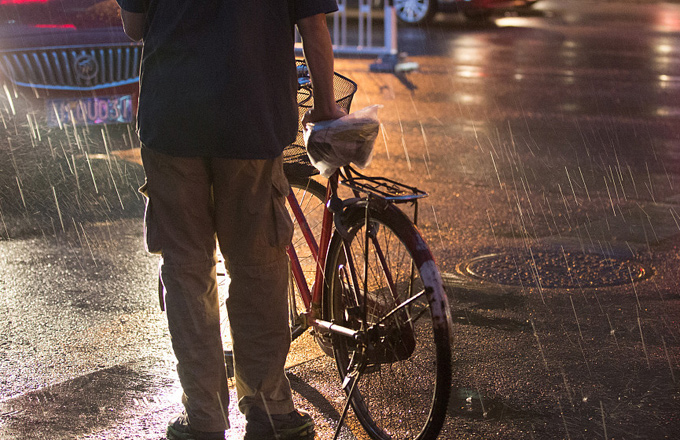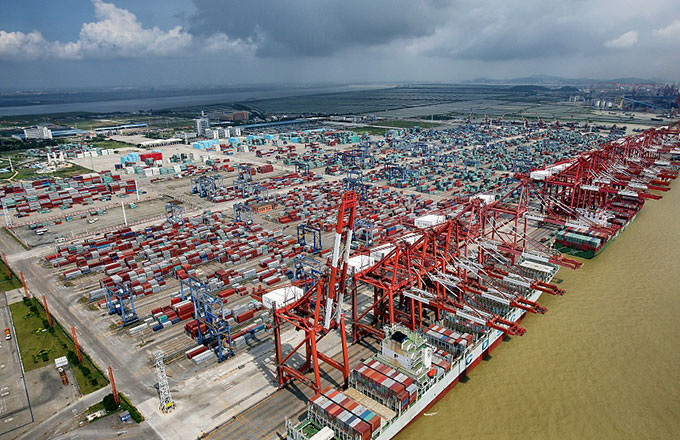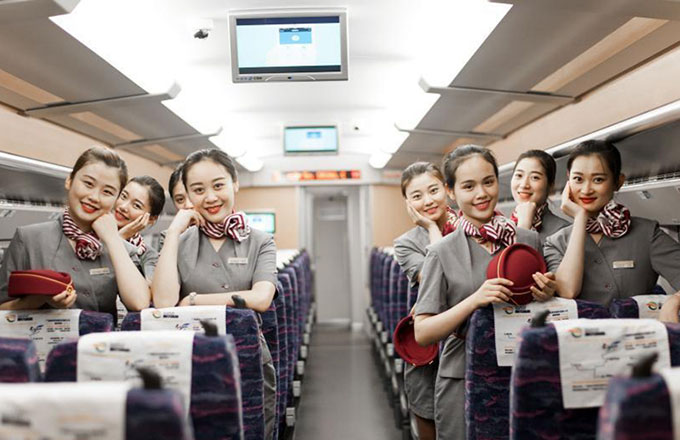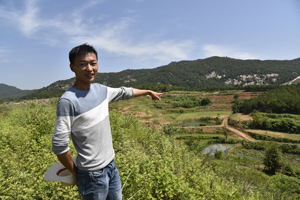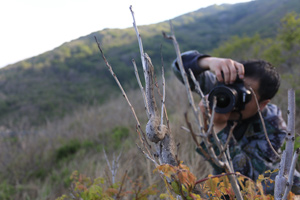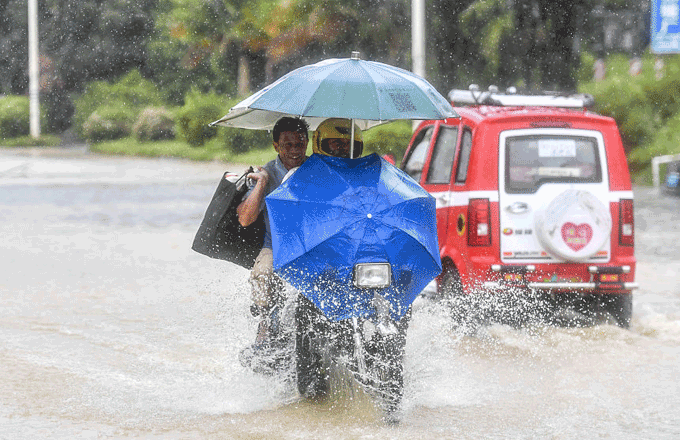More women opt for breast enlargement surgery
As Chinese women acquire deeper pockets, more also seek deeper cleavage and are willing to go under the knife to get it, according to a senior cosmetic surgeon.
The annual number of breast augmentation surgeries has doubled to roughly 100,000 during the past two decades, according to the Chinese Medical Doctor Association.
Jiang Hua, chairman-designate of the association's cosmetic surgeon branch, said the surgery first came to China in the 1990s and grew quickly between 2005 and 2010.
Worldwide, China is the third-largest market for breast enlargement, after the United States and Brazil, according to industry reports.
To make breasts bigger and improve their shape, surgeons use implants, soft silicone shells that are generally filled with silicone gel.
Chinese women prefer water-drop-shaped implants to round ones, which a majority of Western women seek, Jiang said.
Surgery using top-quality implants costs about 100,000 yuan ($14,700) in China. Most of the surgeries are done at private specialty clinics rather than large State-owned hospitals, said Luo Shengkang, head of the breast branch of the Chinese Association of Plastics and Aesthetics.
Categorized as Grade 2 surgery, breast enlargement is generally safe, Jiang said.
According to the prestigious Mayo Clinic, breast implant ruptures are possible, and may cause complications such as soreness, change in breast size and hardening, but are not thought to cause cancer or other diseases.
Luo suggested women interested in the procedure go to relatively big institutions that perform at least 100 such operations annually.
Also, women who have had implants for more than 10 years should have them checked with the cosmetic surgeon, he advised.
Women take three to five years on average to decide on the surgery, according to Jiang.
For Li Yu, in her early 30s, it took more than five years. She underwent the surgery, which she had wanted for a long time, in April, after she gave birth to her baby girl and finished breast feeding.
The day after the surgery, "for the first time, I could see the curve of the breasts remain tight under the bandage while I was lying down and that made me happy", she recalled.
The next day, when the doctor changed the bandage, "my breasts immediately jumped out, which was a new and pleasant experience for me", she added.
According to Jiang, women, like Li, from South China are more likely than their northern counterparts to seek the procedure.
"Probably, in warmer South China, women wear less most of the year and are more conscious of their body shape," he said. Economy matters as well, he added. "Southern and eastern China are relatively more well-off."
Jiang said young women account for the lion's share of the procedures, while middle-aged or older women sometimes have breast reconstruction after breast cancer surgery.
The number of reconstructions has increased by 20 percent to 30 percent annually in recent years and now stands at several thousand each year, he said.
"Reconstruction is important for such women in terms of both physical completeness and mental health," he said. Recalling past experiences with breast cancer surgery patients, Jiang said, "Without exception, the patient sobbed or cried at the first sight of her breast loss."
He urged better cooperation between breast cancer and cosmetic surgeons to help more breast cancer patients have their breasts reconstructed.
In China, less than 5 percent have reconstructive surgery, he said.






